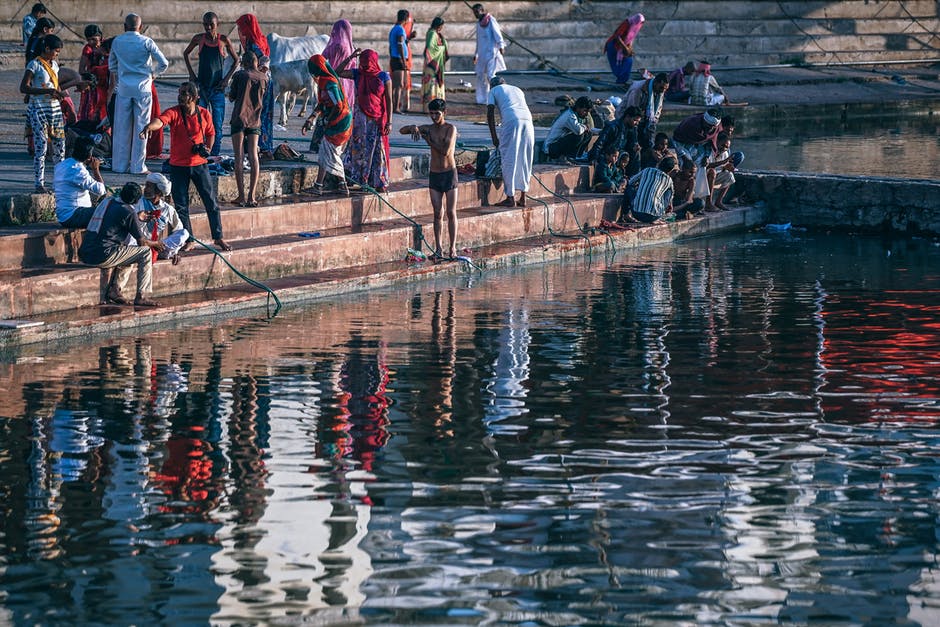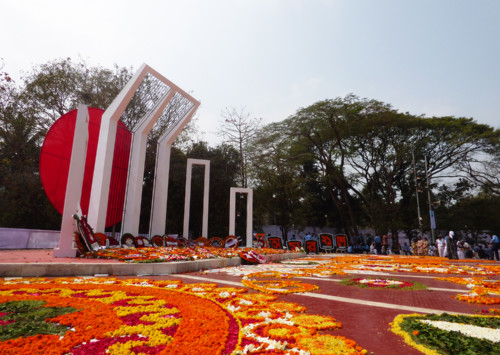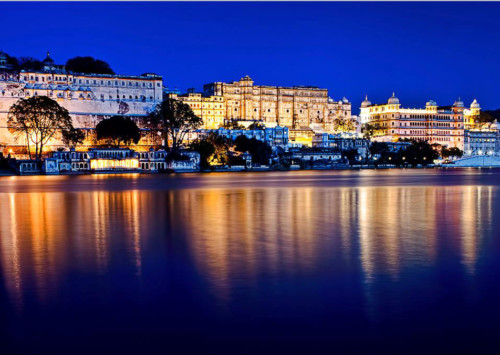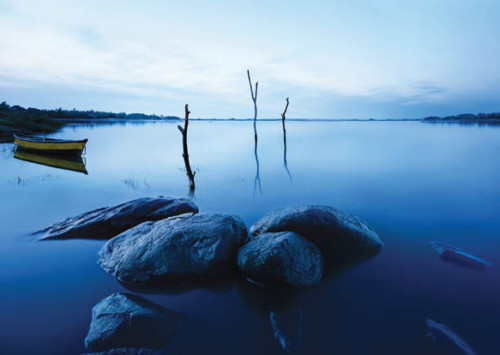Saving our ponds and lakes
Inappropriate management and human interventions are polluting our fresh water bodies. To enhance the situation and help up-keep ponds and lakes, individuals and associations from various Indian cities volunteer to improve, protect and preserve these resources.
Despite a long history of conservation programmes, biodiversity around the world is still facing challenges.
Freshwater resources in India too, particularly because of human interventions including dredging, sand mining and breakwater constructions, are being killed.
Freshwater bodies in many Indian cities, which once were sources of drinking water, have become nothing but a dumping ground, owing to both domestic and industrial trashing and discharge of industrial effluents.
One of the major cities suffering from this crisis is Chennai.
In order to manage its water bodies better and make the residents feel more responsible towards up-keeping them, the authorities in Chennai have launched the ‘Adopt-a-Pond Initiative’ to save 206 water bodies in the city. The government is inviting local communities and corporates based in the city to adopt water bodies for a specific time.
Across the city, there are more than 200 water bodies including ponds and lakes that have been abused with piles of garbage and effluents across them.
Chennai Corporation shoulders the first phase of the drive, under which municipal solid waste from all water bodies and any form of encroachment in areas surrounding these bodies will be removed.
After the completion of these tasks, maintenance will be entrusted to communities and corporates. Following many complaints of extreme groundwater pollution from residents, about 12,000 tonnes of garbage and 6,000 tonnes of silt were removed from a pond, which had previously been the municipality dumping ground.
To improve the condition of areas around these water bodies, the authorities also plan to develop lanes for walking, lamps, parks and children’s play area around them.
India has little information about its water bodies. According to a recent report on Global Integrated Marine Assessment, comprehensive studies or time series of hazardous substances in the Indian Ocean does not exist. India collects most of its water bodies’ data using remote sensing, which restricts information only to the upper layers of the ocean.
Moving towards the north, more than 200 ponds in Jammu district of the state of Jammu & Kashmir, are also facing threat. The state government has failed to act on the directions of the Union Ministry of Environment, Forest and Climate Change, which had sought an action on the conditions of ponds.
The ministry had responded to a complaint by residents of Barnai and Bantalab regarding the condition of a huge water body at Manhas Mohalla, which has turned into a container for storage of sewage due to influx of drains constructed by the civic bodies.
Locals have been demanding diversion of these drains, so that the water body that holds religious significance for them could be saved.
Similarly in Kolkata, rivers are being encroached and water bodies fill up fast.
According to environment activists at a recent convention in the city, ancient water channels continue to suffer because of encroachment and indiscriminate dumping of garbage in the water.
Many activists highlighted how water bodies and wetlands are being encroached on, often with support of the administration and political parties. “Encroachment and illegal sand mining activities that are backed by political parties, are killing rivers,” says Biswajit Mukherjee, former chief law officer at the state pollution control board.
“Ichhamati, an important river in south Bengal, is in peril because of sand mining, encroachment and barriers set up at various points. Successive governments have done nothing. Around 5,000 people – fishermen and their families – have lost their livelihood because of degradation of the river,” adds Jyotirmoy Saraswati of Ichhamati Banchao Andolon.
The problem has spread in many other parts of the country as well. Residents in the city of Pune have voluntarily adopted rivers. Around 35 residents in the Vitthalwadi town have adopted a one km stretch of the Mutha River. The river is one of the most polluted rivers in Maharashtra and has been infested by water hyacinth – the weed that drains oxygen from water.
While activists and government authorities have been making efforts to clean the river and remove menace, the weed finds its way back to the river.
However, undeterred by the regrowth, residents of Vitthalwadi along with the Brown Leaf NGO go to the riverbed every Sunday and take out the water hyacinth polluting it.
Hyacinth cleared by authorities was not utilised efficiently, and was lying in heaps near the riverbank, polluting the surroundings. The NGO thus decided to conduct an experiment, and use these plants as compost on the riverbed. Though there still are a few concerns like the possibility that the weed may carry additional pollutants to the soil.
The city of Ranchi too, has decided to outsource its renovated ponds to private firms for better up-keep. The Ranchi Municipal Corporation (RMC) floated a proposal to outsource Maharaja Udaynath Shahdeo Talab, also known as Banas Talab.
With a total of 39 ponds under RMC, the move aims at saving water bodies from encroachers, maintaining ecology and offering citizens a hangout option. Boundary walls, pathways, cement benches and flowerbeds are being developed around the ponds.
Last year, the civic body kicked off a pond renovation drive with 12 ponds including Argora Talab, Dhumsatoli Talab, Divyayan Talab, Hatma Talab, Distillery Talab, Joda Talab and Chhota Talab. Renovation of Karamtoli pond and Ranchi lake are underway.














